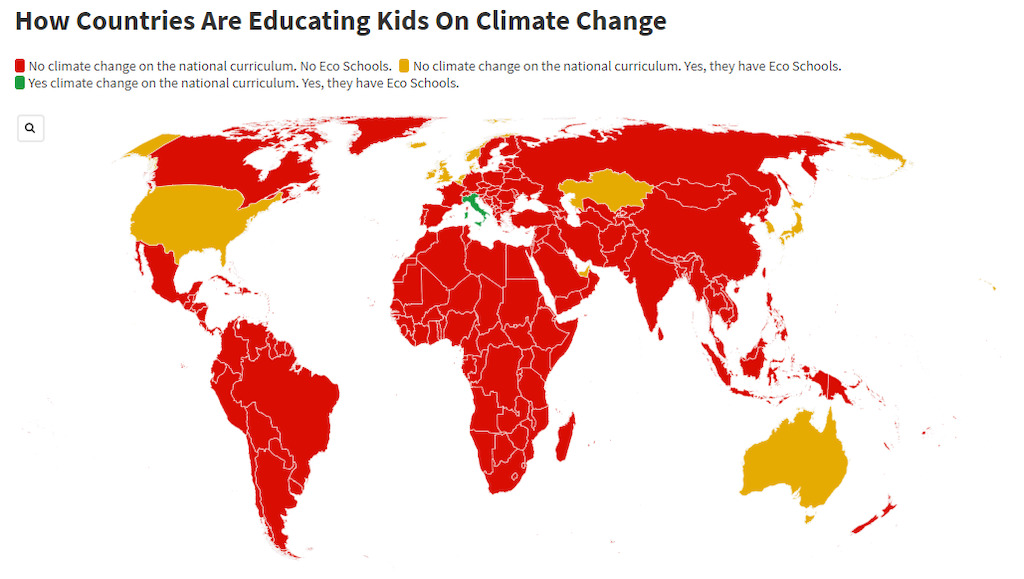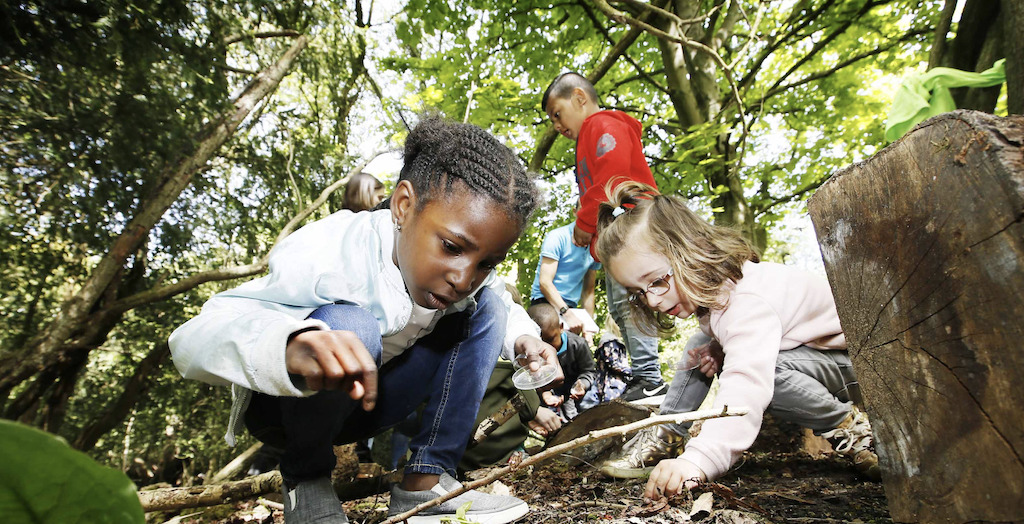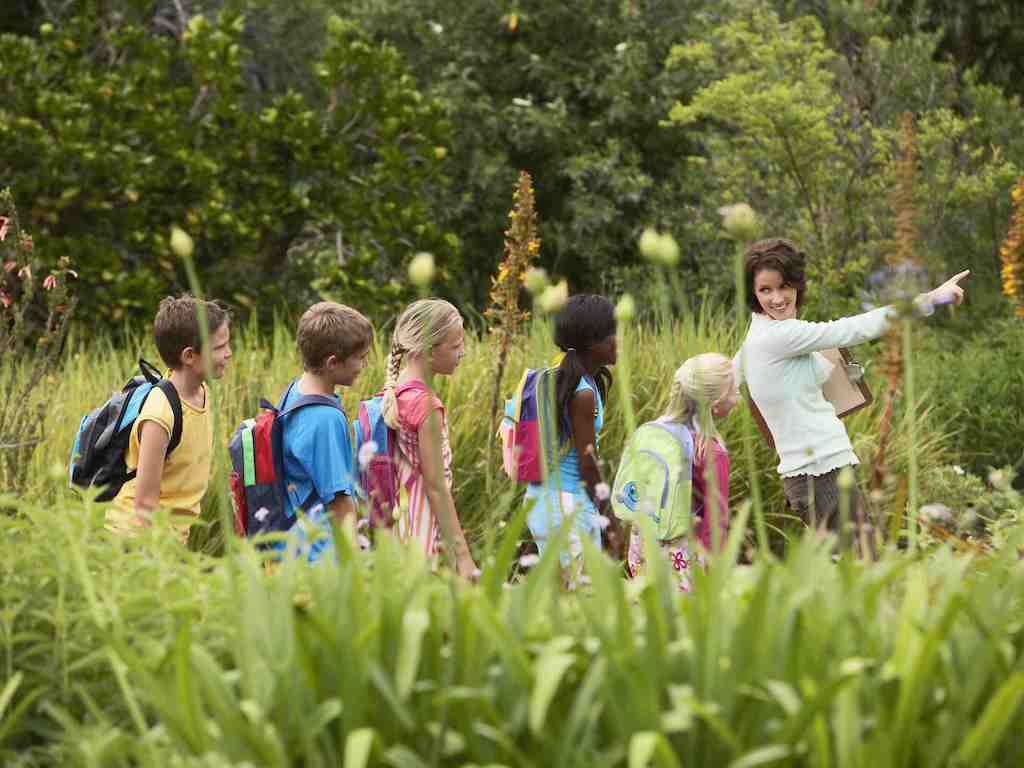4 Mins Read
Not a single country in the world is equipping younger generations with the adequate climate education or a healthy environment to flourish in the future, a new analysis revealed. The research, undertaken by environmental curriculum provider Earth Warriors, also found huge disparities between high-income and low-income countries with regard to child well-being, but notes that current trends will “darken the future of all children”.
The study, conducted by early-years environmental education resources provider Earth Warriors, analysed data from a landmark WHO-Unicef-Lancet 2020 report, climate curriculums, and tracked the Child Flourishing Index and sustainability in terms of per capita carbon emissions around the world. Not one country of the 180 countries examined performed adequately on child flourishing, sustainability and equity.
“No single country supports a healthy childhood and an environment fit for the future,” the authors wrote.
Read: World is failing to protect children from the climate crisis, warns WHO & Unicef
It found a clear trend dividing richer countries from poorer nations in their ranking on the Child Flourishing Index, with wealthier states tending to provide their children with better health and development outcomes in the early years. However, against current rising carbon emissions, the researchers say that the delayed action is “darkening the futures of all children” globally.

No single country supports a healthy childhood and an environment fit for the future.
Earth Warriors
Out of all countries examined globally, only one – Italy – is currently incorporating the topics of climate change and sustainable development into its national curriculum, highlighting the widespread lack of such education despite global polls indicating public support for the integration of environmental issues into schooling.
The Earth Warriors report notes that previous recommendations made by the U.N. and the WHO have clearly pointed out the dangers that climate change and ecological degradation pose to the health and well-being to children across the world. For example, as many as 40 million children are displaced as a result of climate change, climate-related natural disasters and conflict every year.
“Despite dramatic improvements in survival, nutrition, and education over recent decades, today’s children face an uncertain future,” said the authors.

When examining countries’ rankings in terms of child well-being against per capita carbon emissions, the study interestingly found that none of the top ten countries in terms of child flourishing made it to the top ten in sustainability.
Read: Children born after 2012 have not lived a day unaffected by climate change, study finds
However, five countries ranking the worst on child flourishing – Mali, Niger, Somalia, Chad and Central African Republic – were among the top ten for sustainability.

As part of the analysis, Earth Warriors put forward several recommendations based on existing guidelines from the WHO and UNICEF, and warned countries of the need to recognise the close links between the health of children and the environment.
Despite dramatic improvements in survival, nutrition, and education over recent decades, today’s children face an uncertain future.
Earth Warriors
“We need to place children and adolescents at the centre of sustainability if we want to leave them a healthy planet,” the authors argued, adding that children’s education should not only provide them with knowledge about climate change, but also give them a “platform where they can raise concerns, share ideas and claim their rights to a healthy planet”.
Other measures that the report authors outlined include mobilising governments to adopt more child-friendly policies and prioritising the Sustainable Development Goals (SDGs) in order to protect future generations from the threats of continued ecological damage and rising emissions.
Lead image courtesy of Alamy.




